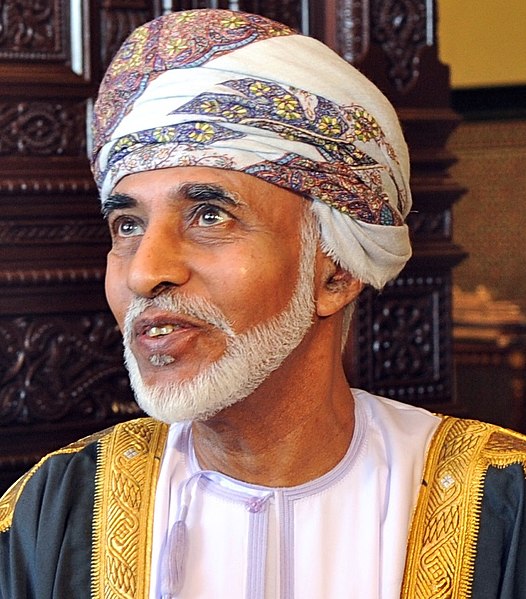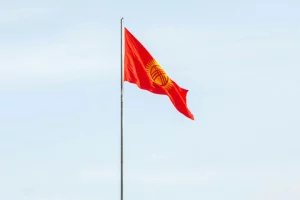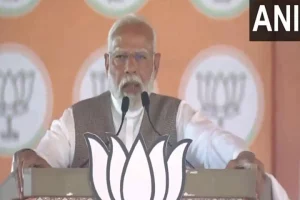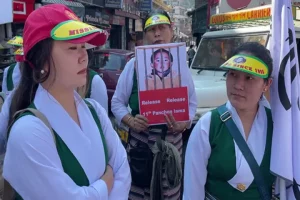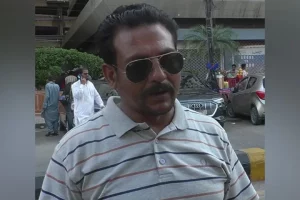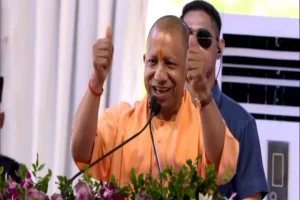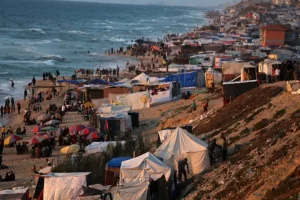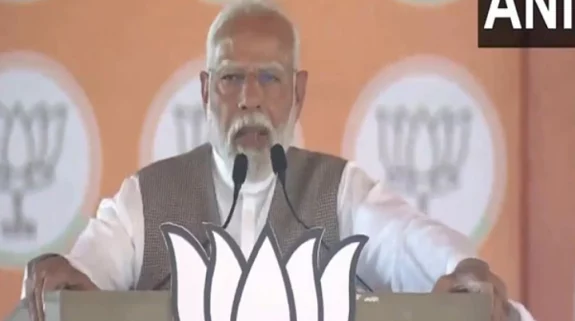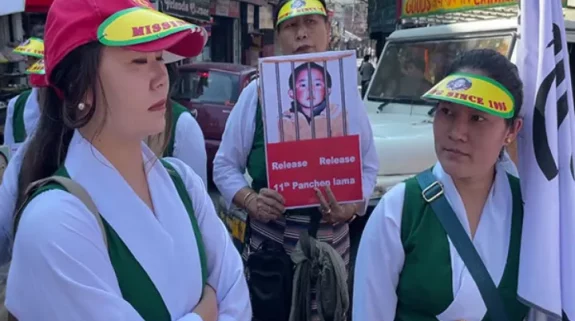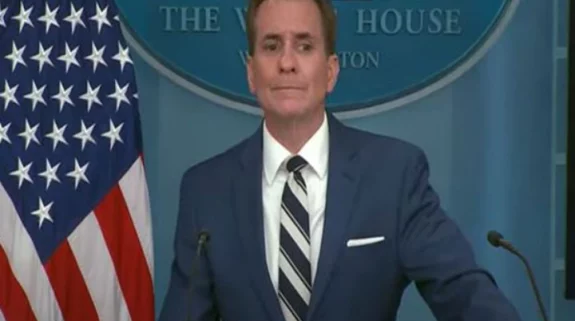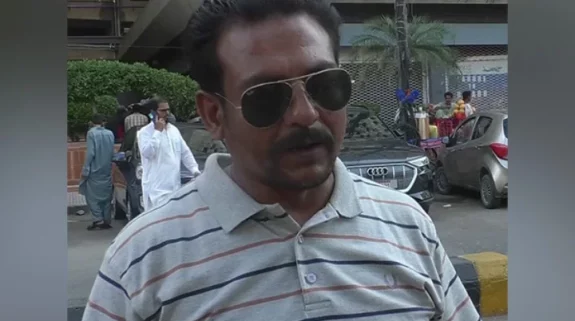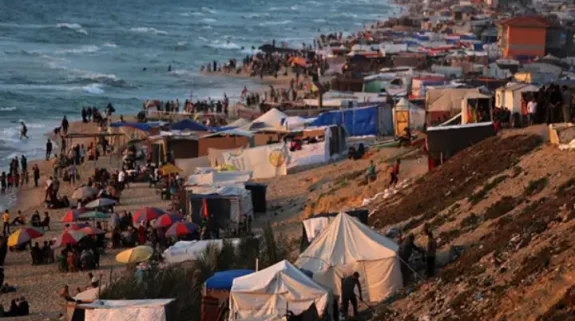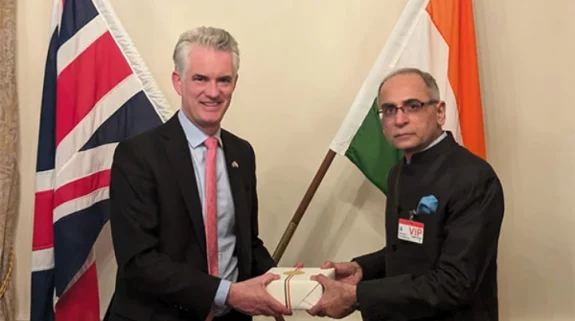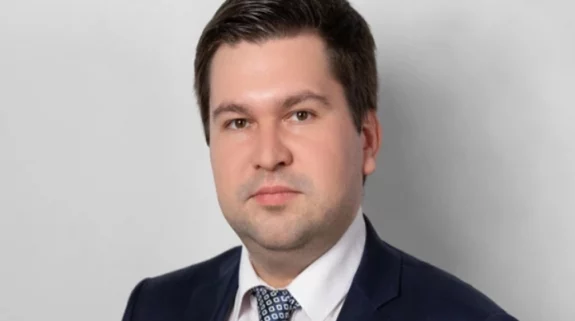In conferring the prestigious Gandhi peace prize on the late Sultan Qaboos bin Said Al Said of Oman, the jury has recognised his key role in developing a “strategic partnership” with India.
So, why and how did Sultan Qaboos lay the foundation of this special relationship?
Oman insiders say that the seeds of the turnaround in the India-Oman relationship came about in the seventies when fleeing for his life during an internal political upheaval, Indian origin Hindu families saved the Sultan’s life.
Ever since, his soft corner for Indians had been evident in the streets and markets of Muscat, Oman’s capital. Indian origin trading houses such as those run by the Khimji family from Gujarat, or by Yusuf Ali of Kerala, known for his ubiquitous Lulu hypermarkets, have been thriving in Oman. Oman also opened its doors for Indian guest workers, even when pressure for Omanisation or employment of locals had been mounting.
In picturesque Muscat, several Hindu temples have been perched a vantage points under the patronage and protection of the Omani royalty. The visa on arrival facility for Indians travelling to Oman is the first sign of warmth and goodwill that the Omanese shower on Indian visitors. Then at Sohar, about three hours driving distance away from Muscat, India has established a giant fertilizer plant, signalling the possibility of a great industrial partnership.
The late Sultan had also provided India with deep strategic access to counter the headwinds in the Indian Ocean waters. It has been widely reported that with China enhancing its profile in the Indian Ocean, the late Sultan had green-lighted the Indian navy’s access to Duqm island to support New Delhi’s anti-piracy mission in the Indian Ocean, in waters heading toward the Horn of Africa and the Gulf of Aden.
India was also well aware of Oman’s centrality in ensuring long term energy security. Musandam peninsula, at the northern tip of Oman juts into the strait of Hormuz, the choke point through which oil and gas tankers drawing energy from the resources rich Gulf countries head toward India.
The late Sultan had also supported a one-time Indian proposal to draw gas from neighbouring Iran, pipe it across the Omani mainland and then send in towards the Indian west coast through an undersea pipeline.
Unsurprisingly, at his passing Prime Minister Narendra Modi had lauded Sultan Qaboos as “a true friend of India and provided strong leadership for developing a strategic partnership between India and Oman”. The late Sultan has departed, but he has done so after making Oman a firm pillar of India’s extended neighbourhood policy.
Everyone in Oman is deeply touched at the award of The Gandhi Peace Prize 2019 to His late Majesty Sultan Qaboos bin Said. We thank our Indian friends most warmly for this noble tribute. https://t.co/AxPx3Y2VGC
— Badr Albusaidi – بدر البوسعيدي (@badralbusaidi) March 22, 2021
Oman thanks India for honouring late Sultan Qaboos
Oman has expressed its thanks and appreciation to Indian Prime Minister Narendra Modi for the conferment of the 2019 Gandhi Peace Prize on late Sultan Qaboos bin Said Al Said in recognition of his outstanding contributions for social, economic and political transformation through non-violent and other Gandhian methods.
Oman's Foreign Ministry said the Indian initiative was in recognition of late Sultan Qaboos’s support for peace and the settlement of regional disputes and conflicts by peaceful means.
The Ministry added that the initiative also reflects appreciation of the late Sultan’s wise leadership of the modern renaissance march and his role in upgrading the Sultanate’s relations with the countries of the world and with the "friendly Republic of India".
Late Sultan Qaboos had studied in India and was the architect of the special ties between the two countries. Under his leadership, India and Oman became strategic partners and their mutually beneficial, comprehensive partnership strengthened and scaled newer heights
Gandhi Peace Prize recognizes the unparalleled vision and leadership of the late Sultan Qaboos Bin Said in strengthening relations between India and Oman, and his efforts to promote peace and non-violence in the Gulf region.
The past awardees include luminaries like Dr. Julius Nyerere, Former President of Tanzania; Dr. Gerhard Fischer, Federal Republic of Germany; Ramakrishna Mission; Baba Amte (Murlidhar Devidas Amte); Late Dr. Nelson Mandela, former President of South Africa; Grameen Bank of Bangladesh; Archbishop Desmond Tutu of South Africa; Chandi Prasad Bhatt & Indian Space Research Organization. Recent awardees include Vivekananda Kendra, India (2015); Akshaya Patra Foundation, India and Sulabh International (Jointly, for 2016); Ekal Abhiyan Trust, India (2017) and Yohei Sasakawa, Japan (2018).
The award carries an amount of Rs one crore, a citation, a plaque and an exquisite traditional handicraft/ handloom item.






